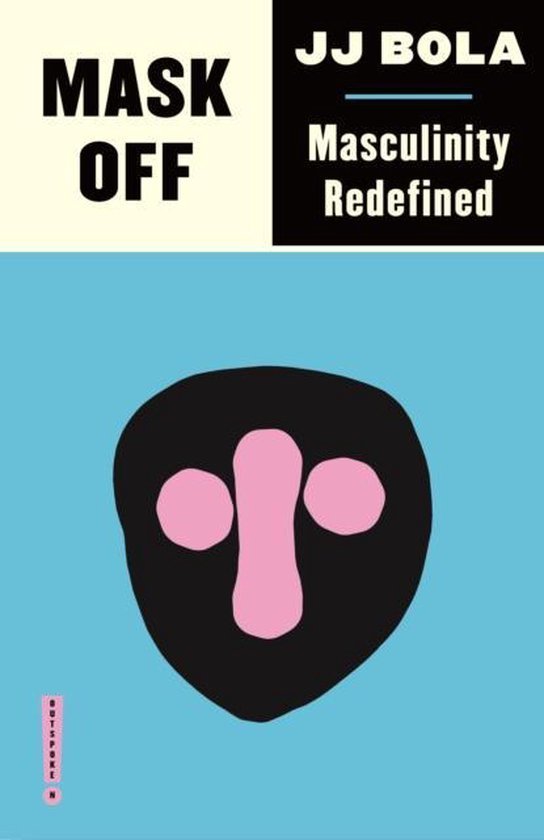Unmasking Masculinity: A Review of 'Mask Off' by JJ Bola
BY JJ BOLA
Mask Off: Masculinity Redefined by JJ Bola is a thought-provoking and deeply insightful examination of masculinity in the modern age. At its heart, the book seeks to dismantle the toxic ideas surrounding masculinity that have been perpetuated by patriarchal systems, while offering a vision for a more inclusive, fluid, and compassionate understanding of what it means to be a man.
One of the key strengths of the book is its distinction between masculinity and patriarchy—two concepts often conflated. Masculinity, as Bola presents it, is a concept that is inherently flexible and diverse, shaped by culture, time, and personal identity. Patriarchy, on the other hand, is a rigid system of power and oppression, not only harmful to women but also deeply damaging to men. This distinction sets the stage for Bola’s argument: that men, too, are victims of patriarchy and that their liberation lies in embracing feminism.
Bola draws on examples from non-Western cultures to highlight the diversity of manhood, revealing how different societies have understood masculinity in more nuanced and less oppressive ways. By doing so, he challenges the Western colonial narrative that has long sought to impose a monolithic definition of what it means to be a man. This colonial lens, he argues, has stripped away the fluidity and richness of masculinity, replacing it with a toxic ideal that confines men to narrow roles and behaviors.
One of the most powerful sections of the book is Bola’s analysis of how patriarchy weaponizes masculinity, dictating how men should navigate society and suppressing their emotional expression. From an early age, boys are taught to suppress vulnerability and pain, equating emotional openness with weakness. This conditioning creates a dangerous cycle where men are unable to process their emotions in healthy ways, leading to aggression, violence, and mental health crises. Bola explores this phenomenon with empathy, emphasizing that unlearning these patterns is not only possible but essential for societal progress.
Bola also delves into the ways that patriarchal masculinity intersects with other issues, including sex, love, and power. He critiques the way sex is often treated as a rite of passage into manhood, perpetuating a culture where dominance and conquest are valued over mutual respect and intimacy. This mindset feeds into rape culture, which Bola discusses with urgency and clarity, urging men to take responsibility for dismantling the harmful ideologies that enable it.
The book also reflects on the broader societal implications of masculinity as defined by patriarchy. From the suppression of boys’ emotions to the glorification of violence, Bola exposes how these toxic ideals perpetuate inequality, harm relationships, and stifle the potential for genuine human connection. His call for a redefinition of masculinity is not just about freeing men but about creating a more equitable world where everyone can thrive.
What makes Mask Off particularly compelling is Bola’s use of both personal reflections and wider cultural critiques. He seamlessly blends his lived experiences with historical and sociopolitical analysis, making the book both intimate and universally resonant. The inclusion of non-Western perspectives is especially refreshing, providing readers with a global understanding of masculinity and its many forms.
It’s a book that challenges men to remove the “mask” imposed by society and redefine themselves on their own terms, while also recognizing the importance of collective responsibility in dismantling oppressive systems.


